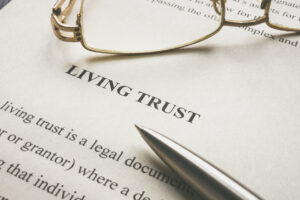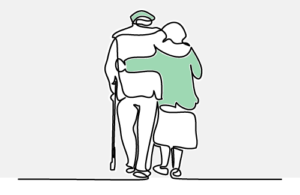If heading south for the winter has been a dream of yours for years, you should learn how to prepare to make the most of this experience. Here are some practical steps to take before going to a warmer place for the winter.
Before You Snowbird:
Before packing the car to head south or west for several months in the winter, there are steps you should take to avoid problems that could put a damper on your snowbird life. These factors include:
- You have to decide which place will be your permanent residence. This issue might sound like a technicality, but your permanent address can impact your driver’s license, car registration, voter registration, official mailing address with the U.S. Post Office and your state and federal taxes. Of course, if you rent rather than own the property where you escape the winter weather, your permanent residence will not be an issue.
- Before you buy a house or condo in your dream snowbird location, make sure you will love living there for months on end. Some places are delightful to visit but become annoying after several weeks. You might want to rent for a winter or two, before putting your money down on your winter hideaway. Some people select three areas and rent a place in each location for a month at a time, then compare the three after the snowbird season to decide on their favorite neighborhood.
- Make sure your health insurance will work at your winter destination. Original Medicare is valid in every state, but some Medicare Advantage plans charge you higher out-of-network fees, deductibles and copays, if you get medical care outside of your home region.
- Notify your homeowner’s insurance. If you leave your primary residence vacant for more than 30 days, your homeowner’s insurance might not cover your house, in the event of a problem. If you buy a second home as a winter escape, make sure you insure the house.
- Prepare your house for your absence. The last thing you want is pipes freezing while you are away. You might rent out the house while you are snowbirding to have someone living in it to reduce the likelihood of a break-in. If the house will be empty, set timers on the lights, turn off the water and keep the heat set at a low temperature. Have a friend check on the house periodically. Arrange for snow removal, so that your absence will not be obvious to passersby.
Reasons People Flee from Northern States in the Winter
There are many reasons why people evacuate the snow and sleet for milder climates in the winter. Some common motivations are:
- Health – avoiding respiratory infections, like colds, the flu or pneumonia.
- Comfort – many people dislike bitter cold winter weather.
- Arthritis – cold can make this uncomfortable condition, even more unpleasant.
- Physical and social activity – it is easier stay active and get out to do things and see people, if you are in weather with mild temperatures like the 60s and 70s, rather than being unable to get out of your house because of the snow and ice.
- Injuries – many people get fractures in the winter in cold climates from slipping and falling on the slick sidewalks and driveways.
- Heart attacks – right after a snowfall, the number of heart attacks go up from people shoveling their driveways and sidewalks.
- They can. Plenty of people wanted to snowbird for many years but could not do so, because they had to work and raise their families. Now that they have the time, they escape winter because they can.
A lot of this is common sense, but it never hurts to have a checklist to make sure you do not overlook the obvious.
Reference: AARP. “How to Get Ready for a Snowbird Lifestyle.” (accessed May 22, 2019) https://www.aarp.org/retirement/planning-for-retirement/info-2018/how-to-snowbird.html
Sims & Campbell, LLC – Annapolis and Towson Estate Planning Attorneys


